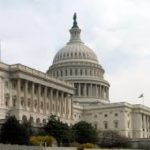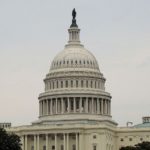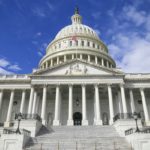States continue to drive toward improving the health of their residents and, because health care costs are a large and growing component of state budgets, governors also are looking for long-term, transformational ways to improve the efficiency of their Medicaid programs. Generally, a small segment of the enrollee population account for large portion of states’ Medicaid expenditures. Those individuals with complex care needs, also known as “super-utilizers,” tend to have a history of chronic illness, multiple comorbidities, special needs and other non-clinical complications that may be related to unstable housing, employment, food and transportation and interaction with the criminal justice system. They often use emergency departments and inpatient services when home and community-based interventions could be employed with good outcomes and at lower costs. By appropriately redirecting state funds to address the comprehensive needs of people with complex care needs, states can rein in escalating costs and improve the quality of care delivered to high-risk and vulnerable Medicaid beneficiaries.
NGA Health to Assist 5 States on Addressing Infectious Diseases Related to Substance Use
State Leaders Convene for Strategies on Drug Treatment and Recovery for Justice-Involved Populations
Regional Workshops on Expanding Access to Medication Assisted Treatment for Justice-Involved Populations
Institute for State Criminal Justice and Public Safety Executives
NGA Opioid Summit for New Administrations
Improving the Health and Well-Being of the Nation’s Aging Population: Considerations for Governors
This Is What Leadership Looks Like

Governors Applaud Passage of Bipartisan Opioids Bill

Governors Applaud Bipartisan Cooperation on Opioids, Urge Further Action by Congress













